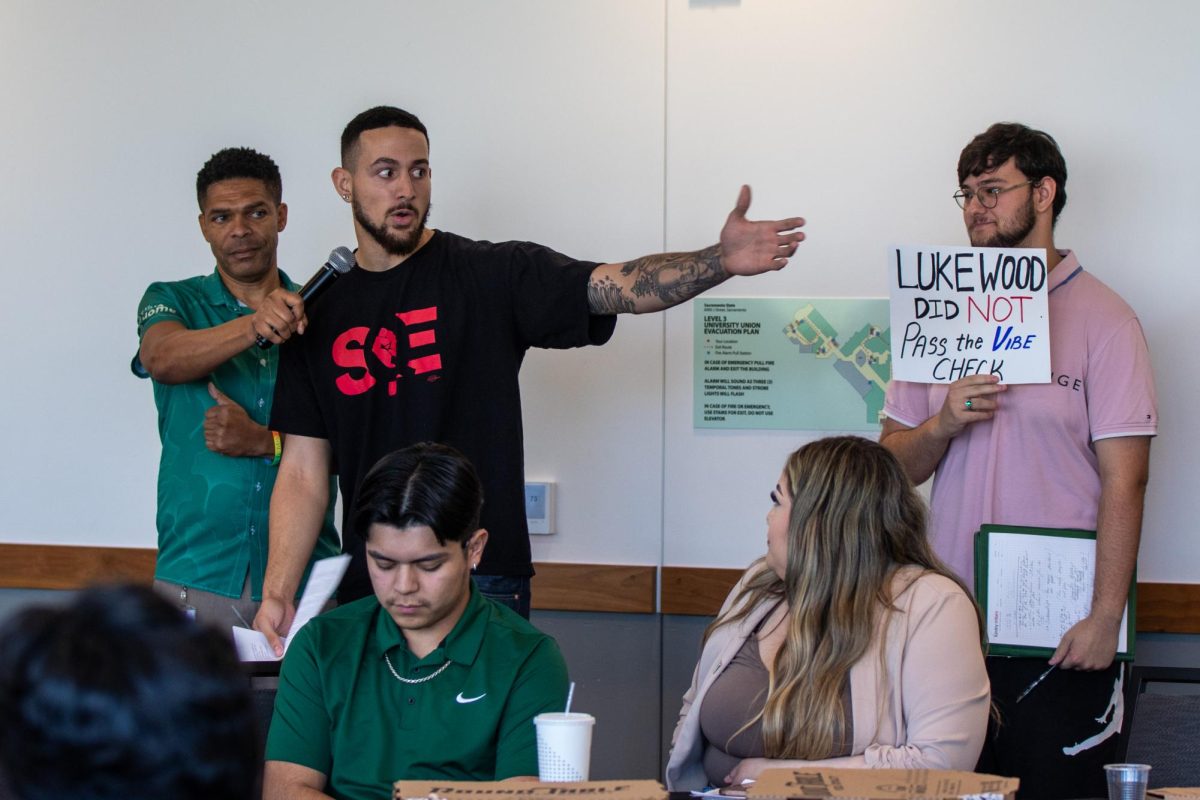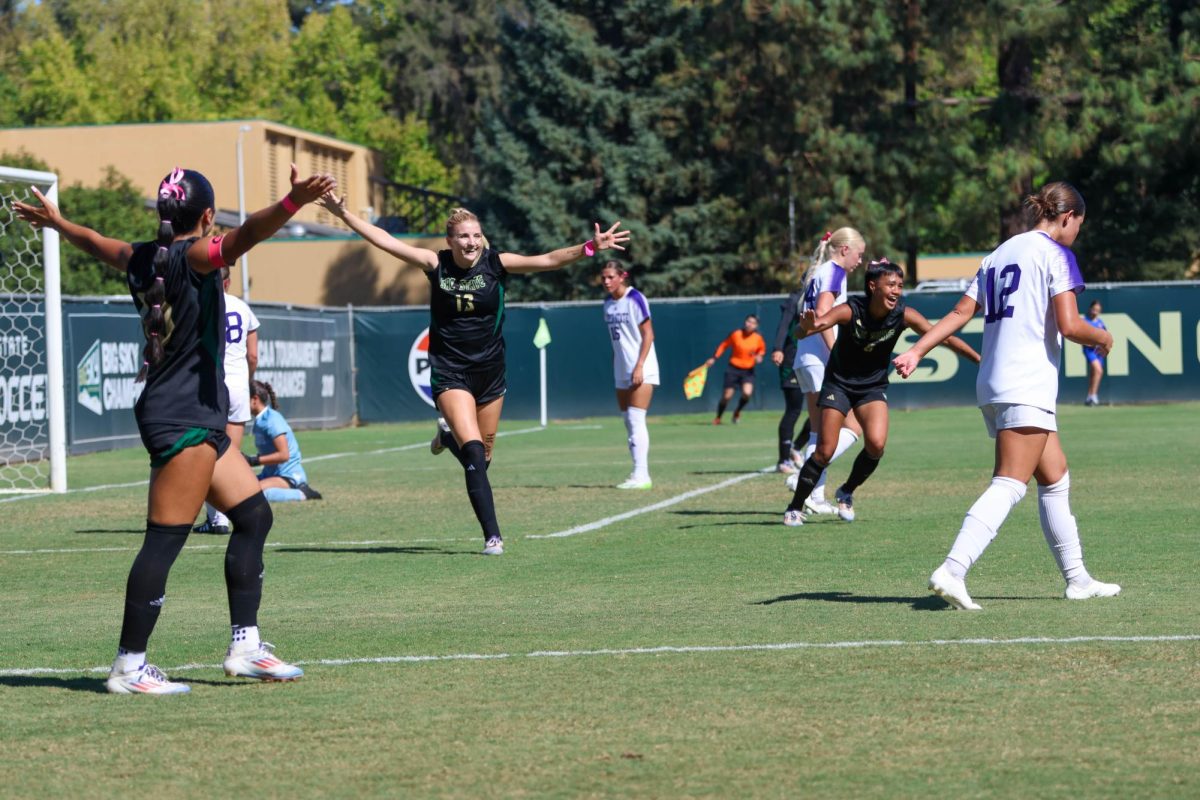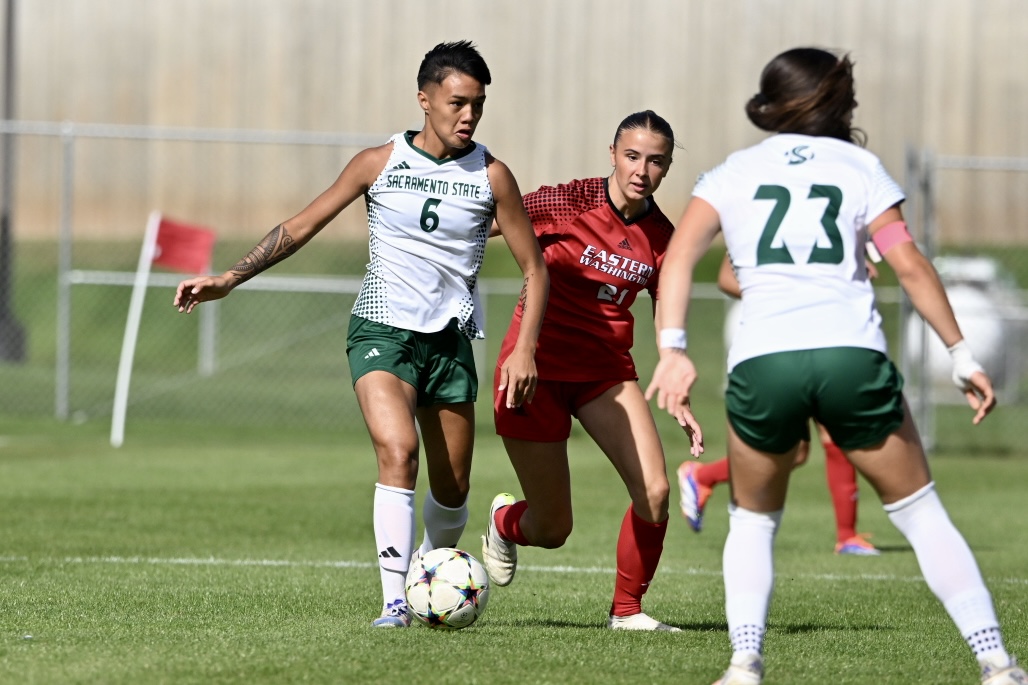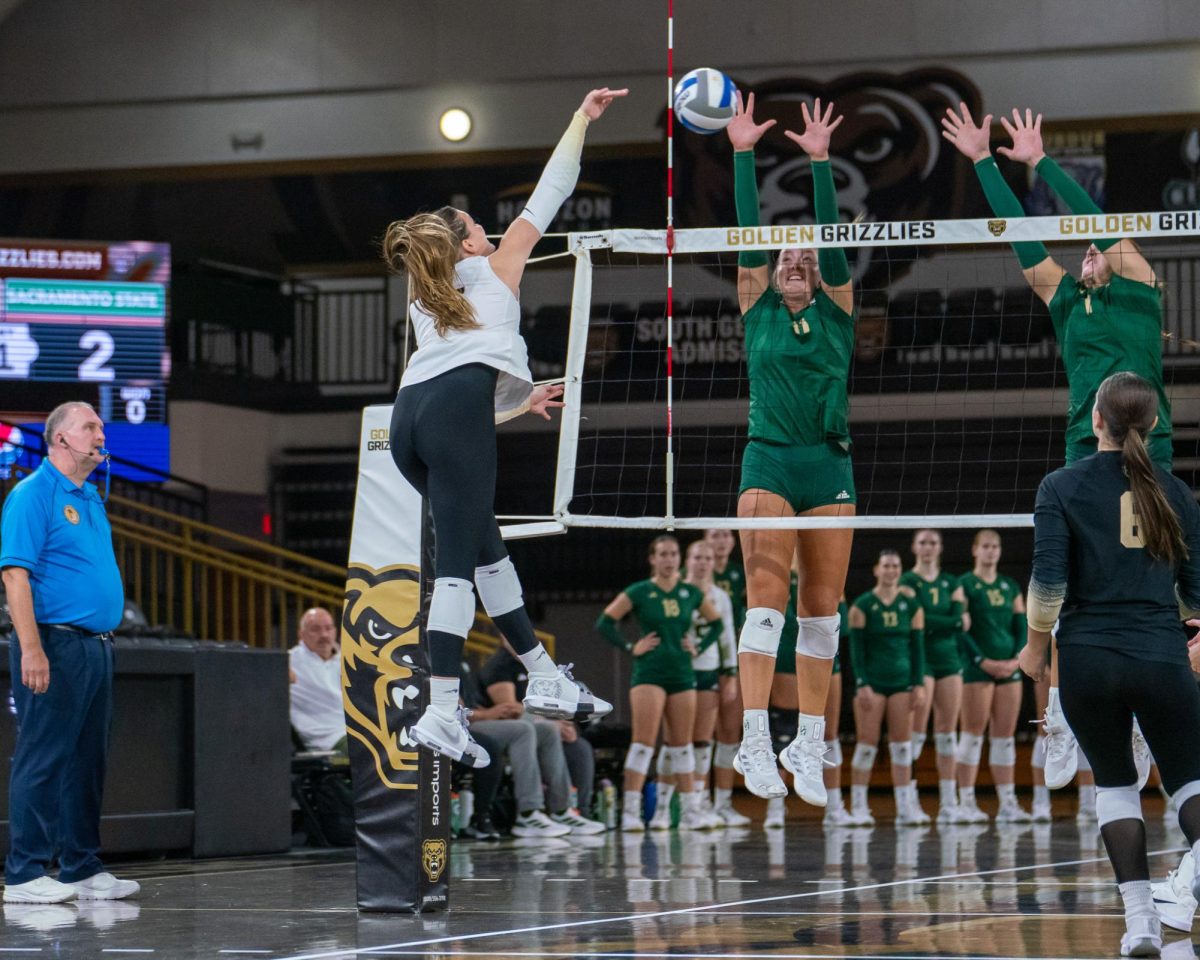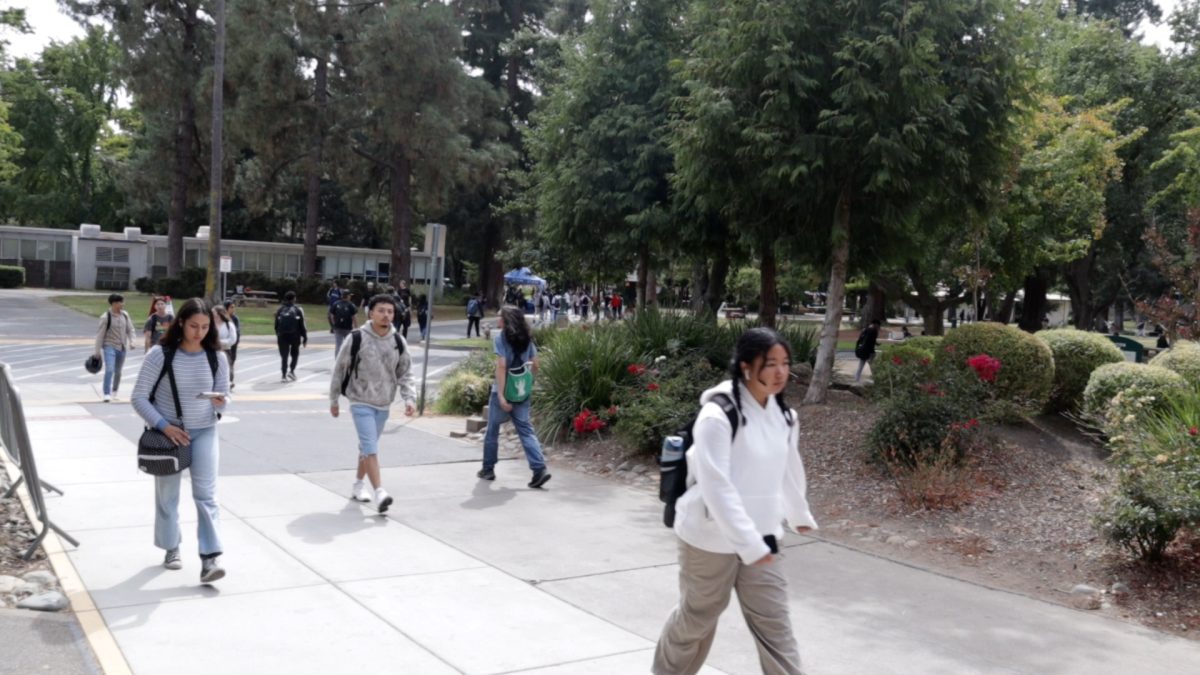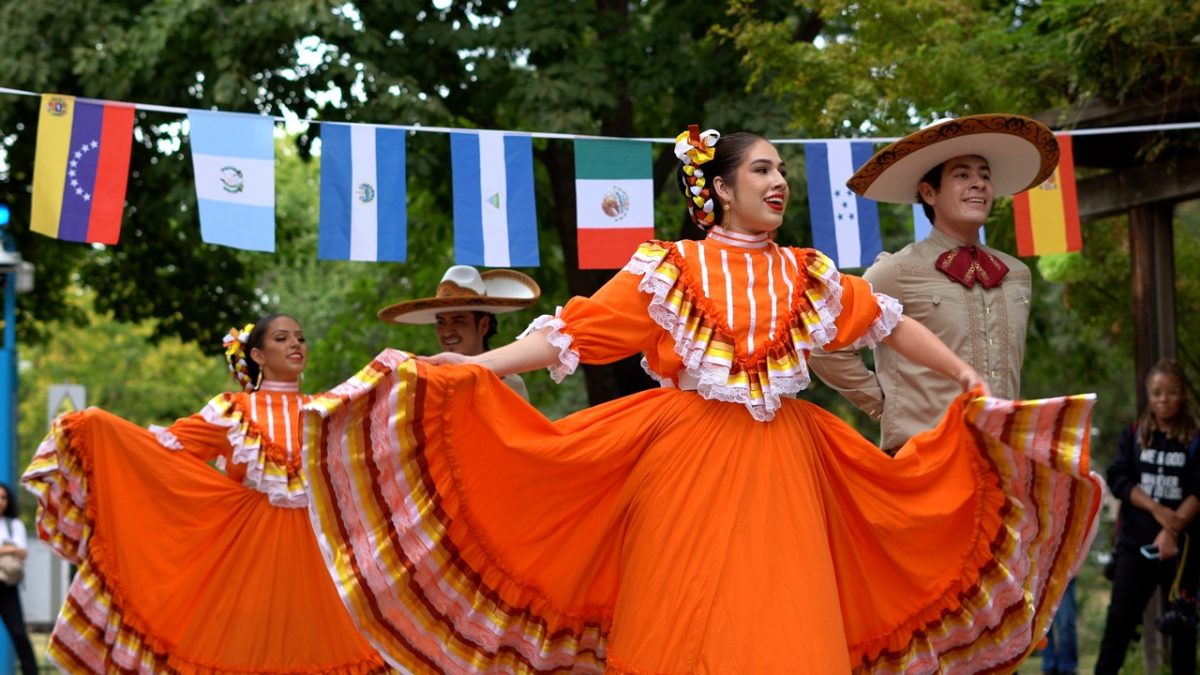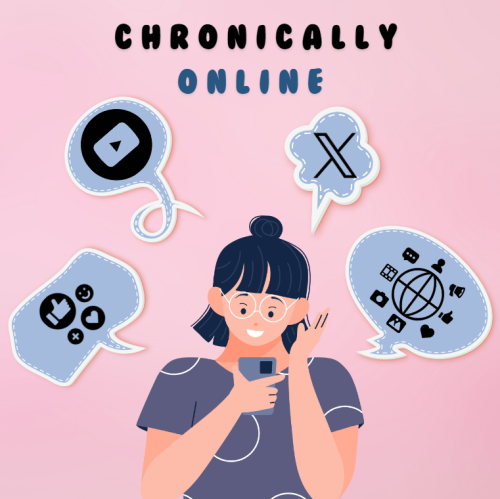Bridging the pay gap and ending gender inequality
March 18, 2014
During President Barack Obama’s State of the Union Address earlier this year, he urged for the end to the embarrassing gender pay gap. Although women make up half of the workforce, they are only making 77 cents per every dollar men earn.
Obama however, did not specify that the figure he spoke of was referring to Caucasian women; women of color are making even less.
According to the U.S. Bureau of Labor Statistics, in 2012, on average, Latina women made $521 per week, while Caucasian women made $710 per week.
It is important that, although we are fighting for an end in the gender pay gap, we remember equality must also be fought for in all aspects of race, gender, social class and sexuality to end oppression of all individuals.
The Sacramento State Women’s Resource Center held a conference Friday on women empowerment and exploring intersectionality.
Intersectionality theory disputes the single-minded belief that discrimination occurs based on only one form of oppression, but rather all forms.
During the conference, Sac State ethnic studies professor Elvia Ramirez, explained women of color do not have the luxury of discussing just one form of inequality.
The conference offered several workshops for attendees such as learning about the gender pay gap, women in leadership positions and how skin color affects an individual. Art workshops were also offered to help people understand the issues of intersectionality.
Females and males gave a voice to their experiences of discrimination based on the different forms of oppression. Each voice was a testimony on how discrimination can happen by more than one form of injustice.
Just being in the presence of such inspirational people who are still going through oppression was a forceful confirmation to me that things still are not right in this world.
A woman should not have to be perceived as bossy while a man is seen as simply enforcing order in the workplace. A Latina woman with the same level of skill and education, should not be paid less than any ethnicity of a woman or man.
For women of color, discrimination is an everyday reality that those in the dominant social groups are not faced with. Simultaneously, women can be oppressed by gender, race, social class and sexuality.
It is vital to society that we listen to those who are oppressed and do not let privileges turn into racism.
Understanding and learning about the inequalities we must face, is a step in fighting for those oppressed and ending discrimination on all borders. It is an embarrassment that women are paid less than men, but also that people are still not being treated equally in all forms.










